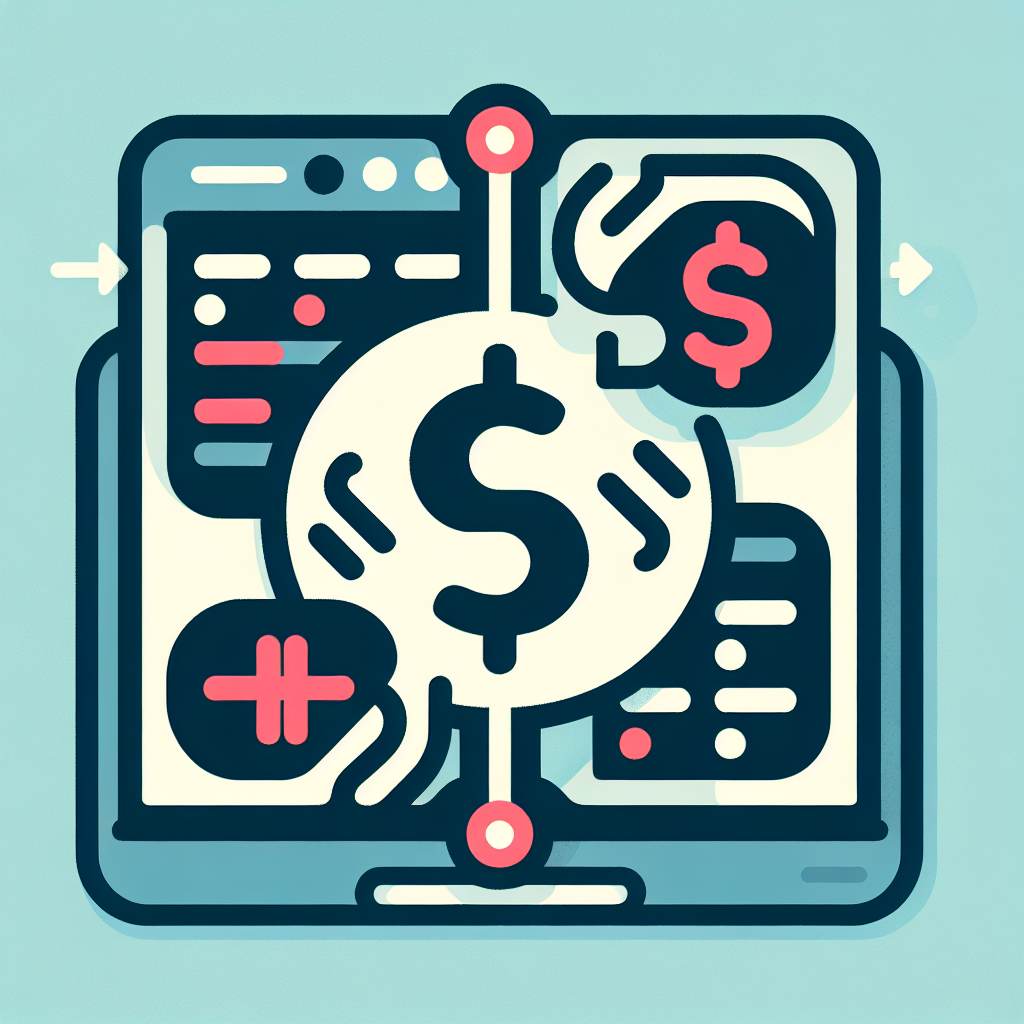Convert C to PHP Code Effortlessly | Online Tool
Easily convert C code to PHP with our powerful tool. Streamline your development process and enhance productivity. Try it now for seamless code transformation!
Source Code
Converted Code
Output will appear here...
The C to PHP Converter is a powerful tool that seamlessly translates C code into PHP, optimizing your development process. Perfect for developers transitioning projects from C to web-based solutions, it ensures code compatibility and efficiency. Enhance your workflow with this tool, designed for easy integration and boosting productivity.

C to PHP Code Conversion Tool Link to this section #
The C to PHP Code Conversion Tool is an indispensable resource for developers looking to transform C language code into PHP code effortlessly. This tool is designed to streamline the conversion process, ensuring accuracy and efficiency, which is vital for projects requiring cross-language functionality.
Key Features Link to this section #
- Automatic Conversion: Instantly translate C code into PHP syntax.
- Syntax Highlighting: Enhances readability and helps in quick debugging.
- Error Detection: Identifies common syntax errors and provides suggestions.
- User-Friendly Interface: Simple and intuitive design for ease of use.
How It Works Link to this section #
- Input C Code: Copy and paste your C code into the tool's input field.
- Click Convert: Initiate the conversion process with a single click.
- Output in PHP: Retrieve the converted PHP code ready for integration.
Example Conversion Link to this section #
Here’s a simple example to demonstrate C to PHP conversion:
C Code:
#include <stdio.h>
int main() {
int num = 10;
printf("Number: %d", num);
return 0;
}
Converted PHP Code:
<?php
$num = 10;
echo "Number: $num";
?>
Benefits Link to this section #
- Consistency: Maintains logic and function across both languages.
- Time-Saving: Reduces manual coding efforts and errors.
- Versatility: Supports various C constructs and libraries.
Related Topics Link to this section #
- Multilingual Programming: Understanding the benefits of using multiple programming languages in a single project.
- Code Translation Techniques: Explore additional methods for code translation between languages.
For further reading on programming languages and their interoperability, check GeeksforGeeks or W3Schools.
By leveraging the C to PHP Code Conversion Tool, developers can efficiently bridge the gap between these two powerful languages, enhancing both productivity and code maintainability.
Frequently Asked Questions
What are the main differences between C and PHP?
C is a general-purpose, procedural programming language that is widely used for system and application software. It is compiled and provides low-level access to memory. PHP, on the other hand, is a server-side scripting language designed primarily for web development. It is interpreted and integrates seamlessly with HTML.
Can I convert C code to PHP?
While C and PHP serve different purposes, you can manually translate C code to PHP by rewriting the logic in PHP syntax. However, since PHP is designed for web applications, some C functionalities may not have direct equivalents in PHP, requiring alternative approaches.
How do I handle memory management when converting C programs to PHP?
In C, memory management is manual, requiring developers to allocate and deallocate memory. PHP handles memory management automatically, so when converting C code to PHP, you generally do not need to manage memory manually, as PHP's garbage collector handles it.